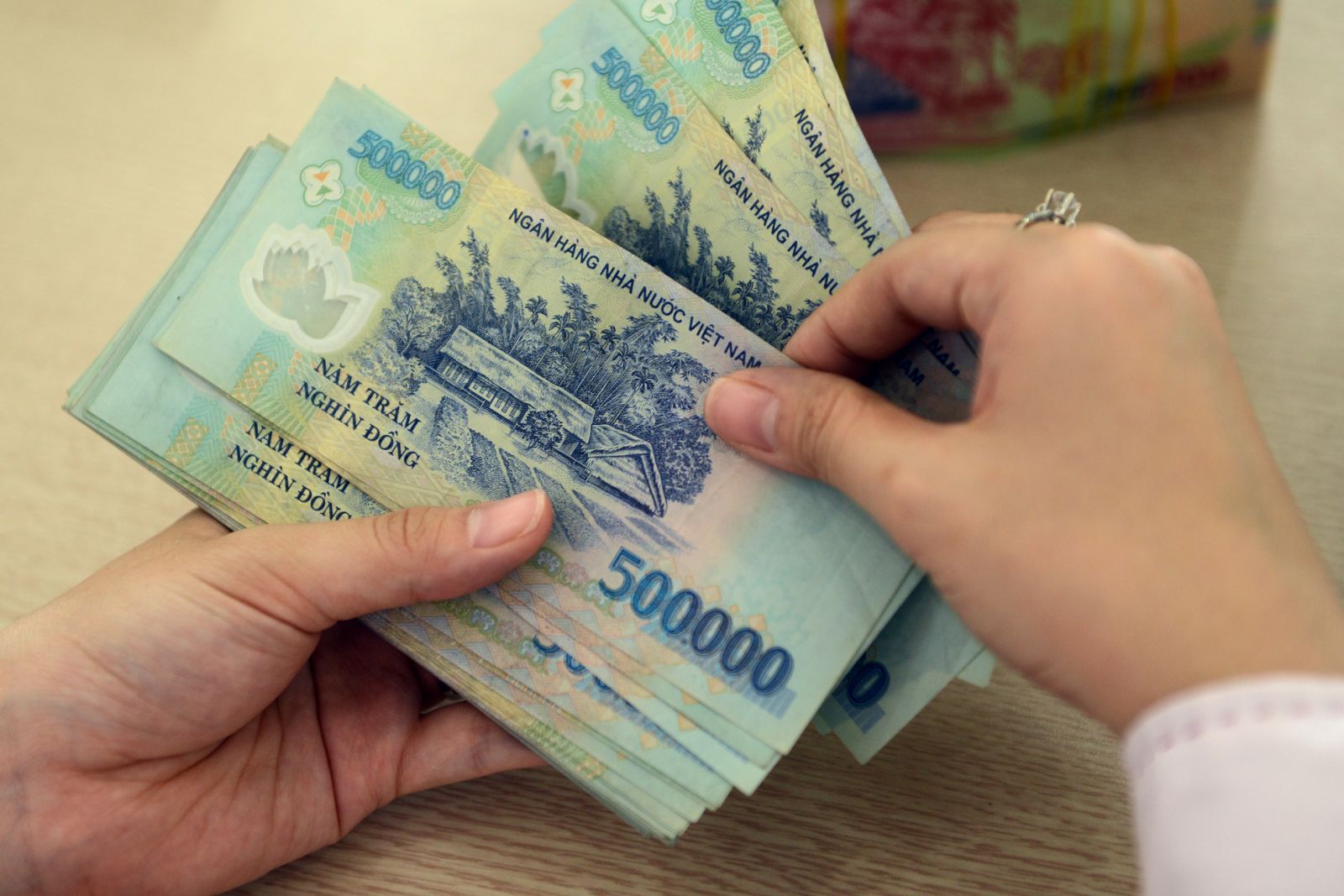To raise minimum wage in the heat
A heated debate about minimum wage increase is taking place between the government, the labor confederation representing employees, and the representatives of employers.





Viet Nam’s National Wage Council opened its second dialogue to discuss plans to raise minimum wage in 2018. However, different parties were still unable to reach an agreement.
In the first meeting, the Vietnam Confederation of Labor stood for the labor force and proposed a relatively big rise of 13.3%, while the Vietnam Chamber of Commerce and Industry (VCCI), representing enterprises, insisted on a low rise of less than 5% or no rise.
The issue remained controversial in the second round of negotiation on 28 July, though the conflict was eased slightly.
Mai Duc Chinh, Vice President of Vietnam Confederation of Labor, revealed that the minimum wage has been lagging behind the minimum cost of living, hence the need to raise the former. However, he still agreed to reduce his proposal down to 8-10% in the end.
The representative from VCCI, Vice President Hoang Quang Phong, also compromised on their demand and fixed their proposal at 5%. He said that it was reasonable enough to guarantee enterprises’ competitiveness and labor’s welfare.
Though the associations representing employers and employees tried to lower their bargains, there still existed a gap between them. The NWC, therefore, requested both sides to collect more data and evidence to strengthen their arguments for the next meeting, expected to take place on this 7 August.
According to a survey conducted by Vietnam Confederation of Labor before these meetings, up to 54% of those workers questioned responded that their income did not satisfy their contributions to companies. Only 23% was happy with how much they earned.
On the other end, VCCI said that in the first half of 2017, the ratio of newly-established companies to shutdown ones was three to two, showing how fierce the competition was.
Also according to VCCI, wage budget accounts for more than 70% of production cost in leading export sectors of Viet Nam - textile and footwear industries - since they are both considered labor-intensive.
A heated debate about minimum wage increase is taking place between the government, the labor confederation representing employees, and the representatives of employers.
Businesses started with a low offer of 5 percent while the labor federation insisted on 13.3 percent.
As Vietnam sets its sights on becoming a high-income country by 2045, Resolution 68 lays a crucial foundation. But turning vision into reality requires not only good policy - but also unwavering execution, mutual trust and national unity.
Vietnam plans to upgrade Gia Binh Airport in Bac Ninh province into a dual-use international airport to support both military and civilian operations, the government said on Friday.
Under unforgiving conditions, the outdoor workers - the backbone of urban economies - endure the harshest impacts of climate change while remaining overlooked by social safety nets. Their resilience and struggles highlight the urgent need for better protection in the face of rising temperatures and precarious livelihoods.
Doan Van Binh, Chairman of CEO Group and Vice President of the Vietnam National Real Estate Association, introduced his latest book, “Vietnam Real Estate for Foreigners,” at a launch event in Hanoi on Friday.
Acting for increased women’s participation and leadership in climate action, Vietnam can accelerate a transition that is more inclusive, just, and impactful.
The "Steam for girls 2024" competition provides a creative platform for Steam and an opportunity for students to connect with peers from various regions within Vietnam and internationally.